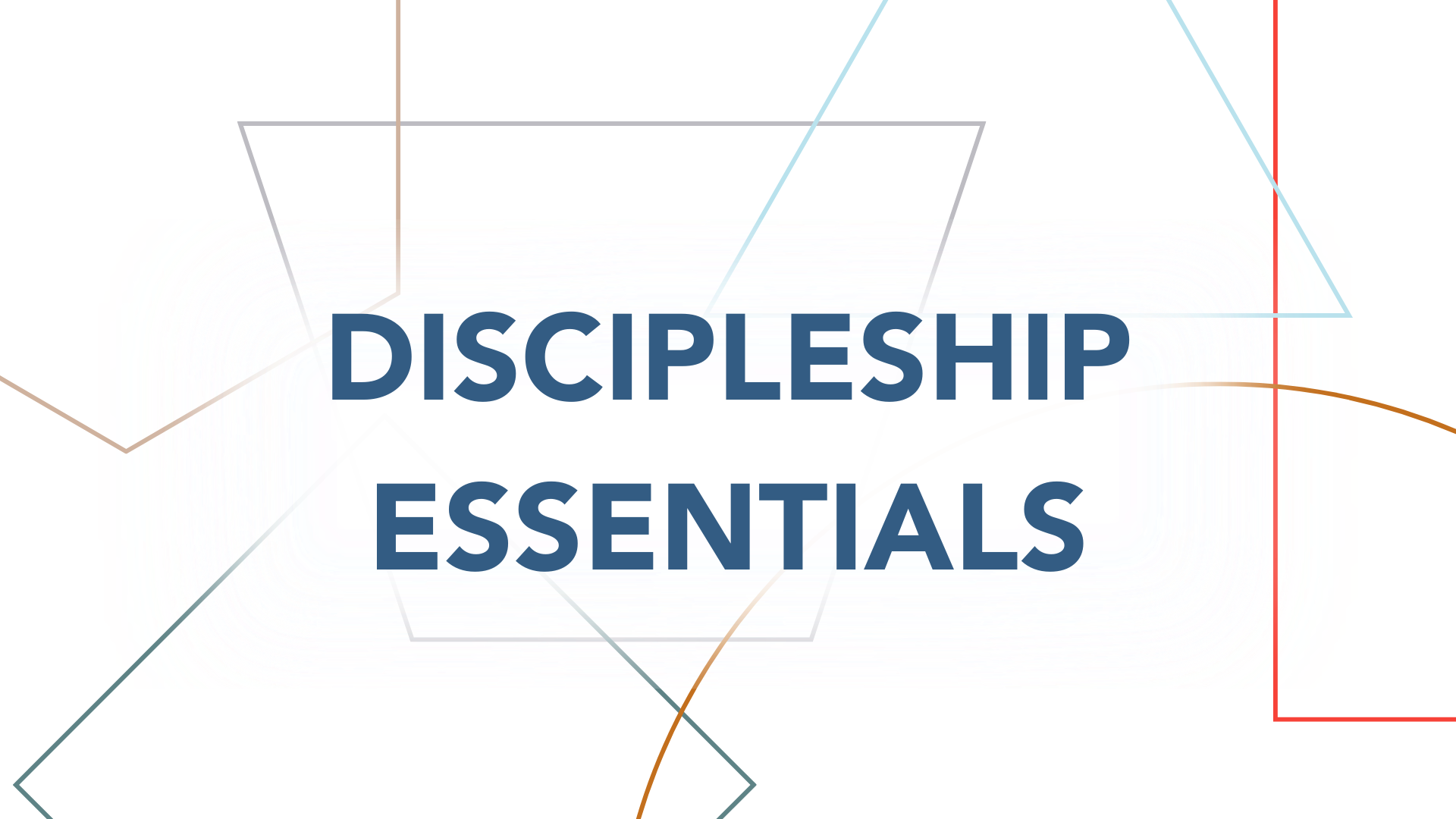Am I Spiritually Mature? Pt. 1

Scroll down and click play to listen along
Click "download" below to check out today's handout
Recap
What is our Roadmap/ Definition of a Disciple?
Following Jesus, being formed by Jesus, being on mission with Jesus.
How do we do discipleship? What is the vehicle?
RELATIONSHIPS! Relationships are the method–NOT the goal.
What is our goal as Christ followers?
Maturity in Christ. To be as close to a carbon copy as possible
Spiritual Maturity
Does “Time spent in the church” = Spiritual maturity? Why or why not?
Why do we sometimes associate Time spent in the church with spiritual maturity? Give some examples.
What metrics can we use to determine how spiritually mature someone is?
How do we know if/when someone is a “disciple” vs a “Christian” from last weeks’ discussion?
A Distinction to be made
Why is it important that we don’t measure spiritual maturity based on Age, time spent in church, how often you are in this building, etc.?
What kind of church environment do we get when we prioritize time spent in the church as the measure of a true disciple?
The reason why it’s important to have this conversation is because of how we often view spiritual stages of growth and maturity. So for the rest of our time, I want to talk about stages of growth in order to lay down the foundation for our conversation next week. Then next week we will tie this all together into how physical stages of growth tie into spiritual stages of growth.
Physical Stages
What are some stages of Human growth?
Some categories could include:
Pre-birth, infant, child, young adult, adult, [elder], dead person
Based on these categories, what are the defining characteristics of each growth stage?
Dead
The physically dead are characterized by having no life, they are lone, they are without motion, while life is characterized by growth, death is characterized by decay.
The physically dead do not have many abilities. If they do, they are not beneficial or favorable. Abilities for a physically dead person may include: creating odors, causing grief in the lives of the living,
The physically dead do not need anything. Yes, we - the living - respect the dead, however, those who have passed don't "need" anything.
Infants
Infants are characterized by their self-centeredness, they are demanding, they are messy, cute, and dependent.
They have several abilities including: creating messes, they eat, they sleep, they cry, they bring joy, the laugh, they start to learn the world around them.
Infants need several things including: love, constant supervision, protection, nurturing, and nourishment.
Child
Children are characterized by their energy and curiosity, they are focused on themselves, they start to build their intelligence, they are ignorant, and dependent upon their caretakers.
Children have many abilities including: learning, starting to feed themselves, communicating with their world around them, they begin to reason, they can imagine, and they can reciprocate love.
Children need guidance, continued supervision, opportunities to learn and make mistakes, freedom to begin living as an independant individual, and established rules/guidelines/ or structure.
Young Adult
Young adults are characterized by their independence, their other-centeredness, developing maturity, seeking peer approval, idealism, a weening of their dependence upon their parents, and energy.
Young adults have abilities including their youthful strength, abilities to serve others over oneself, and their capacity to take on leadership roles,
Even though young adults are becoming more self-sufficient, they still need things including direction, friendships, support and encouragement, coaching, love, freedom, responsibility, and mentorships.
Parent
Parents are characterized by their reduced amount of energy, their intentionality with their life choices, their increasing wisdom and life experiences, strategy, long-term thinking, and independence.
Parents have abilities like being able to reproduce, a fuller capacity for love of their children, they can coach others through life, they can encourage and lead, they can multi-task, create opportunities for their lives and others, and serve as role models for the next generation.
Despite their higher level of physical maturity, parents still need help from God, more frequent breaks and rest, support structures, encouragement and deeper insight from older generations, and authentic-long lasting relationships.
Obviously these are very generic categories and not every aspect of these groups are included above. But this gives us a solid framework to help us better understand the physical stages of human growth.
It’s important to understand these physical stages of growth before we move on to our next section. Now that we have a foundation established regarding physical growth, next week we will tackle stages of Spiritual growth and see how it compares to our conversation today.
